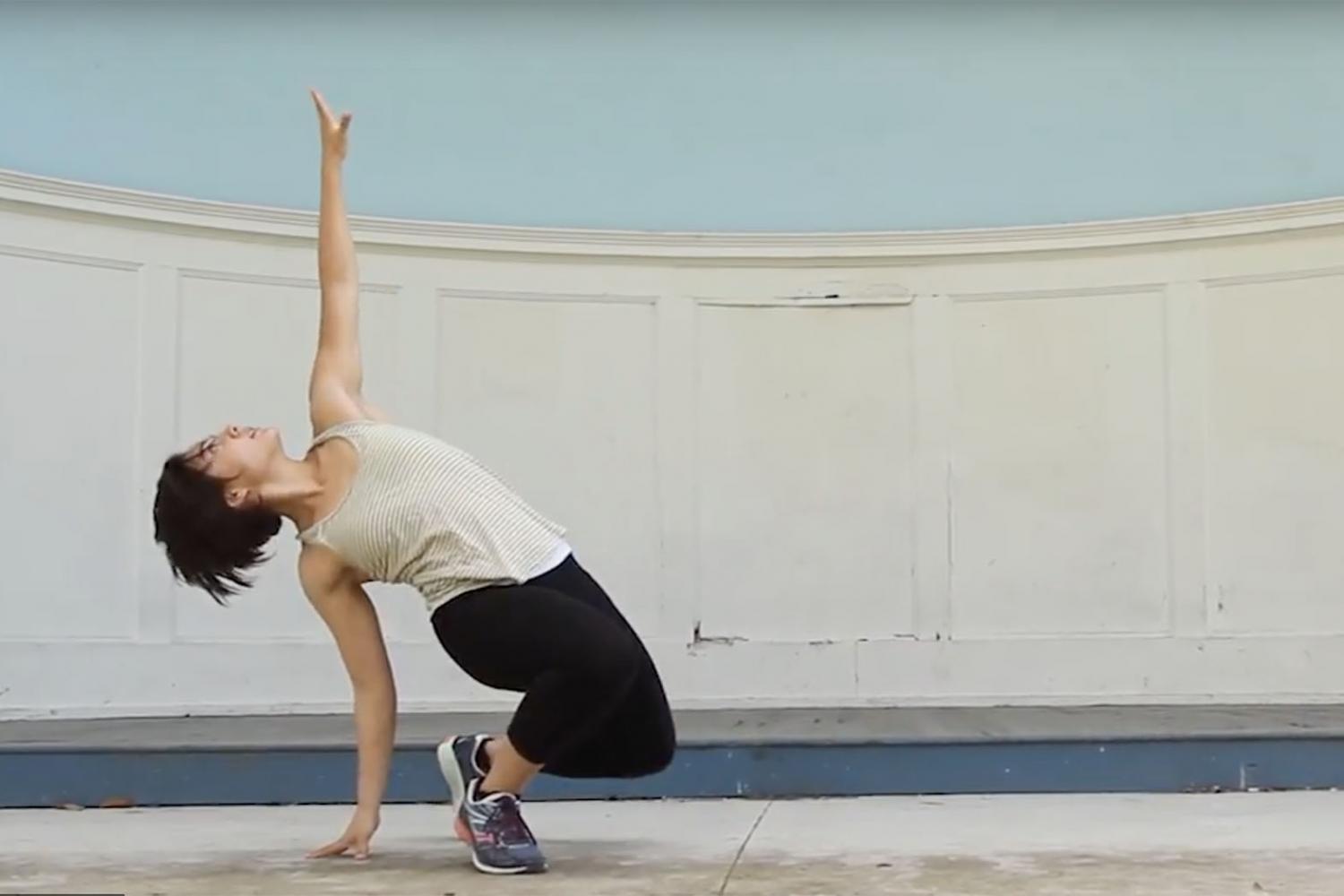An advertisement for Axe Dark Temptation, a chocolate-scented body spray, illustrates a disorderly world in which scores of women flock toward a man made entirely of milk chocolate.
In the park, a woman smothers a strawberry into his navel. Two ravenous women sit on either side of him in a movie theater and devour his deliriously satisfied face. A woman in a convertible breaks off his arm and drives away.
For some people, however, body spray is not suggestive of sugary fulfillment, but relentless, debilitating pain.
Janet Minehan, 62, an adjunct psychology instructor at City College, has a condition in which she contracts severe migraines whenever she smells fragrances including cologne, perfume and fabric softener.
The migraines can last up to four to five days.
“They come on hard and fast,” Minehan said. “If I get it when the aura is coming, I can maybe short-circuit it [with medication].”
The migraines have affected her for 44 years. Before her career at City College where she has worked for 10 years, she worked at Westmont College as a psychology professor.
“If you’ve ever had a migraine, it makes you sick,” said Susan Kaufman, Minehan’s secretary at Westmont College. “Light hurts you. Sound hurts you. Movement hurts you. It’s like life itself hurts you. I used to get those, so I know.”
In Minehan’s syllabus for Psychology 100 “General Psychology” and Psychology 40 “Human Sexuality,” she includes a caution that reads, “Due to allergies, this class will be fragrance free.”
However, this is not an allergic reaction; it’s a neurological response.
“What people don’t realize is that you’re putting neurotoxins on your body,” she said. “People have a routine of putting fragrances on and not thinking about it. We’re so programmed to smell good.”
Her choice to make the classroom quarantined from fragrances is supported by Stan Bursten, the head of the psychology department.
“There’s some research, I don’t think an extensive amount, but enough to be concerned that indicates that odors can be triggers for migraines,” Bursten said.
Minehan gets symptoms from the migraines such as depression, minor paralysis and aphasia, or impairment of communication ability.
“There are different kinds of aphasia,” she said. “For mine, I can’t find words. I can almost see it in my head, but I can’t pull it down and say it. I’ll demonstrate that in class during lectures sometimes and I can’t think of a word.”
The migraines can also result in physical and olfactory hallucinatory symptoms, although uncommon.
“Without any medication and I have the migraines, I feel like there are bugs crawling on me,” she said. “That’s weird. That doesn’t happen often. … [Some] people hallucinate and they see things when they get migraines,” she said. “I will smell things that aren’t there.”
Minehan says it’s not realistic to consciously avoid concentrated groups of people, like classrooms full of students, where fragrances are present.
“It’s really hard to go through life,” she said. “I’d be really agoraphobic. My own world would shrink too much. You really can’t lead your life away from large groups of people.”
Twice a week, she takes various prescriptions like Vicodin and Amerge as prescribed by her neurologist for the migraines. She also goes to bed with her head packed in ice if the medications do not work.
Although she recognizes that college campuses such as California State University Stanislaus and Portland State University have gone to the extent of becoming fragrance-free campuses, Minehan is not advocating for City College to follow suit.
“I would never, ever, ever attempt to enforce that through the administration,” she said. “I want to be as unobtrusive as possible. I don’t like causing waves. Sometimes just educating people is all you really need to do.”
They can also be caused by uncontrollable factors, like the weather and dramatic barometric changes.
“Janet is a marvelous human being who has dealt with this real disability for years just doing the best she can no matter how much pain she is in,” Kaufman said.

















